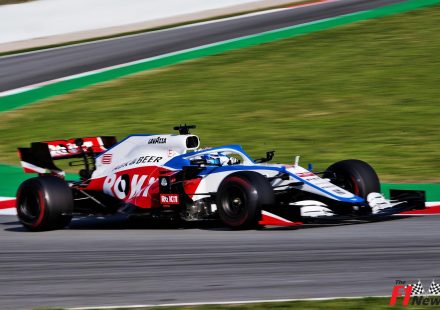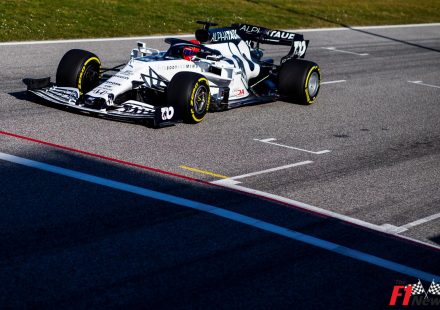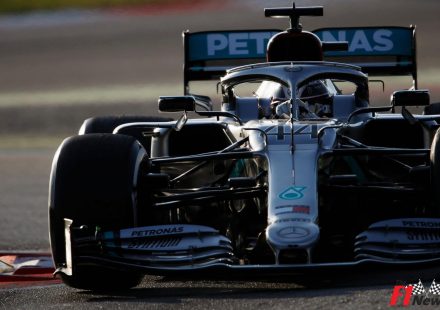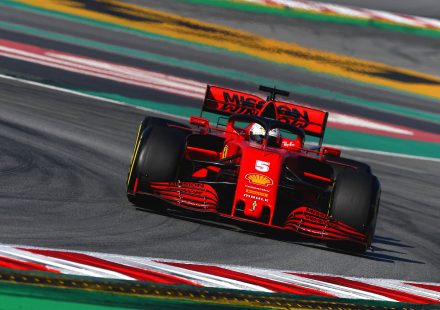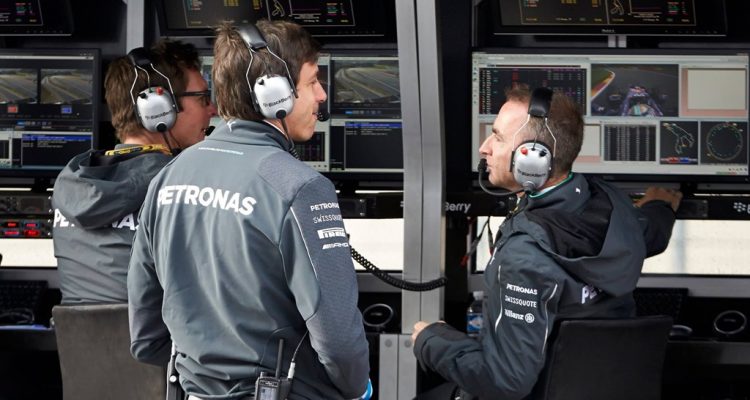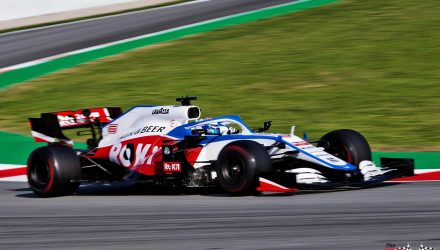Mercedes’ title-warring teammates are the first F1 drivers to welcome the FIA’s banning of “performance”-related radio communications.
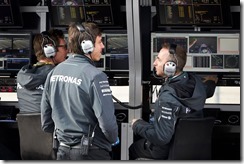 At a sponsor event in downtown Singapore, championship leader Rosberg said the clampdown was a major talking point ahead of its debut at the popular street race. “All the fans were cheering so it looks like the right way to go,” the German told Britain’s Sky. “In my opinion it’s definitely a good thing, because it’s just more pure racing. “Until now we did so much based on what they (engineers) told us to do on the radio. Now it’s up to us,” said Rosberg. He tipped the strict new radio rules to make the challenge as drivers “totally different because we are just on our own and need to figure out our own way. “I think it could make it a lot more interesting,” added Rosberg. “It’s going from 100 per cent communication to about 20pc, so it’s a massive change.”
At a sponsor event in downtown Singapore, championship leader Rosberg said the clampdown was a major talking point ahead of its debut at the popular street race. “All the fans were cheering so it looks like the right way to go,” the German told Britain’s Sky. “In my opinion it’s definitely a good thing, because it’s just more pure racing. “Until now we did so much based on what they (engineers) told us to do on the radio. Now it’s up to us,” said Rosberg. He tipped the strict new radio rules to make the challenge as drivers “totally different because we are just on our own and need to figure out our own way. “I think it could make it a lot more interesting,” added Rosberg. “It’s going from 100 per cent communication to about 20pc, so it’s a massive change.”
Rosberg, with a 22-point advantage over teammate Lewis Hamilton, said he practiced driving the W05 without radio communications in Mercedes’ simulator this week, and had to “remember a lot more” details about the functionality of the car. “But everything is good,” he said. “It’s the right way.” Hamilton also welcomed the change, but he expressed some concerns about the steep learning curve for the drivers. “I quite like the idea,” he said. “In some ways it makes it harder, like engine strategy — how are we to know what strategy to use?”
Hamilton also said the clampdown could affect the intense title battle between himself and Rosberg. “It’s going to be really important that we’re on the same strategy always,” he said. “There’s been a couple of times when Nico has been on a different strategy to me that gives either more or less power and those things disadvantage you,” he explained. “So as long as you don’t have any problems there, the rest of it we’ll manage.” In fact, Hamilton said that because the clampdown means F1 will now resemble the “old school days” of racing, he hopes to gain an advantage over his rivals. “I hope it’s a plus for me,” he said. “I remember way back in karts, we didn’t have any data, so nobody could ever see where I was quick, anything I did, any trick I had. So maybe it’s a bit of a step back in that direction. “I quite like that we’re left to do it ourselves,” Hamilton added.
Elsewhere in Singapore, Red Bull’s Daniel Ricciardo played down the clampdown with a joke, laughing that without engineers in their ears, F1 drivers will “all take a wrong turn and end up in the wall”. But Germany’s Auto Motor und Sport said the Australian should not be laughing too hard. Most teams are using the big, sophisticated McLaren-supplied digital steering wheel display in 2014, providing plenty of data for the drivers.
But some, like Red Bull, Williams and Lotus, do not use the McLaren technology. “That would be really hard,” Rosberg is quoted as saying. “But we still need to learn every procedure by heart, where before the engineer would be telling you which switch to put in what position.” And, anyway, the FIA clampdown extends not only to the radio, but also instructions to drivers on the pit board or on the steering wheel display — whether coded or not. “There is not time anyway,” Rosberg said, “to pull up any instructions on the screen while you’re driving and read it.” He believes thinking drivers like himself could get an advantage, as he always tried to understand the reasons for the engineers’ instructions rather than “someone who just made the changes automatically”.

